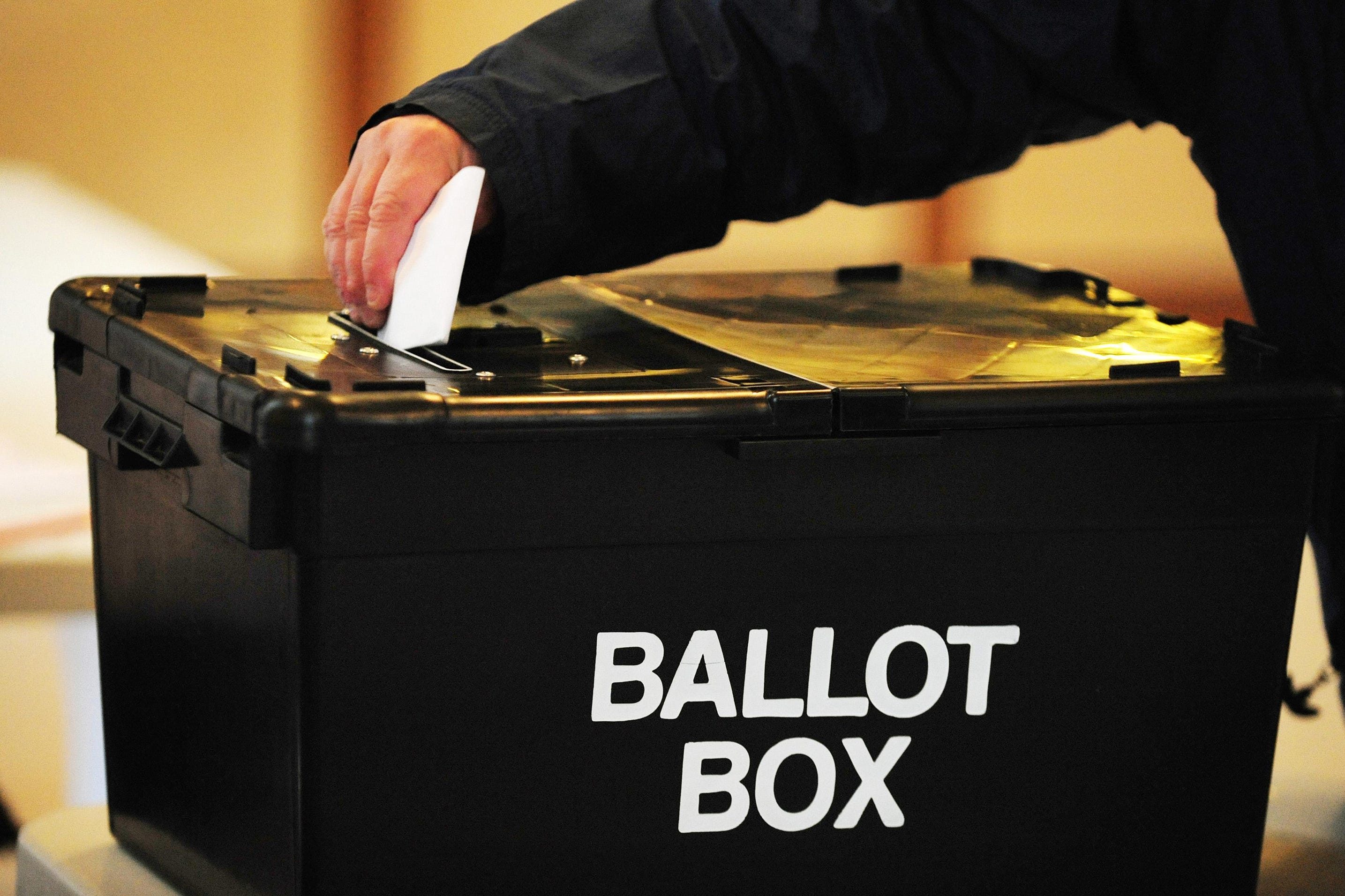It’s no surprise that so many young people are refusing to vote
Editorial: Exclusive Independent poll finds four in 10 young people will refuse to vote on 4 July

When he wants to change the subject, the prime minister says that this election is about the future. What he means is that he would rather people stopped asking awkward questions about the Conservative record. What he emphatically does not mean, however, is that the election is about the people who are the country’s future – namely the young people who have the greatest stake in it.
An exclusive opinion poll by Techne UK for The Independent reveals that 41 per cent of young people, aged 18 to 34, have either not registered to vote or have decided that they will not vote. This level of disengagement ought to be the occasion of national soul-searching.
Yet it is not surprising that young people feel so alienated from democracy.
From the start, the Conservative campaign has been narrowly aimed at pensioners. At the start of the campaign, the only age group who were more likely to vote Conservative than Labour were those of pensionable age, and Rishi Sunak was desperate to stop them defecting.
Thus we had a Tory manifesto as if dictated by the old folk in the pub, a few units down: “bring back national service”; “get rid of ‘Mickey Mouse’ degrees”; and “keep the state pension out of income tax”.
No wonder Mr Sunak has looked uncomfortable when challenged by young people about why his party seems so indifferent to their interests.
It is not as if the other parties are much better. Labour has recently tried to take the housing problem seriously – it is probably the most important issue for young people. Yet its pledge to bulldoze planning law to build 1.5 million homes in five years offers little hope of improvement in the short term. What the housing market really needs is a cut in stamp duty and an increase in council tax on more expensive properties, which would encourage a more efficient allocation of housing space – but no party is offering such a genuinely bold prospectus.
Labour is also promising to spend a little more on schools, which matters to young parents and those hoping to become young parents. This was a surprisingly important issue in eroding support for the Conservatives in the 2017 election, and the party has failed to heed the warning – lulled by the exceptional circumstances of the intervening 2019 contest.
Labour is also more aligned with young people on the issue of climate change – even if the party does sometimes seem to rely on simplistic notions of what is “green” to sweep aside awkward questions about the practicality of, for example, decarbonising UK electricity generation within five years.
But Sir Keir Starmer has clearly failed to enthuse the under-35s. His caution has ceded a lot of young people’s support to the Green Party and to the Liberal Democrats, but most damagingly it has given in to apathy, if four in 10 young people intend to sit this election out.
This is a strange election. It seems about to deliver a huge, record-breaking change in the composition of the House of Commons, exaggerated by the effects of the first-past-the-post voting system. Yet turnout is expected to be low, while levels of disillusion with politics are high – among voters of all ages.
Unusually, the disaffection comes from two main sources. Not only are the hopes and aspirations of young people being sidelined to an unprecedented degree, but Leave voters, who tend to be older, have reacted negatively to the failure of our departure from the EU to deliver a better life, and in particular to result in lower immigration. It seems paradoxical for the two main parties to respond to this Brexit disappointment by seeking to appease older voters, rather than by focusing on the generations that represent the country’s future.
This will pose an unusual challenge to whoever forms the next government: not just to pay attention to those who voted for it, but to the many millions – especially of young people – who choose not to vote at all.






Join our commenting forum
Join thought-provoking conversations, follow other Independent readers and see their replies
Comments